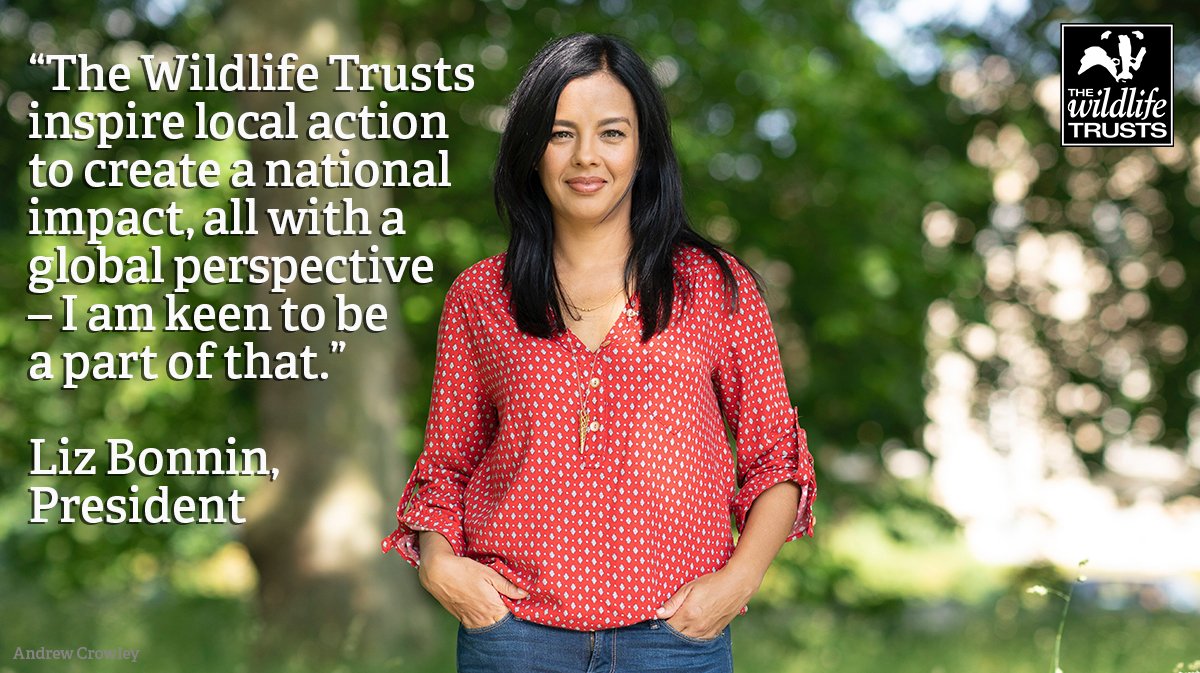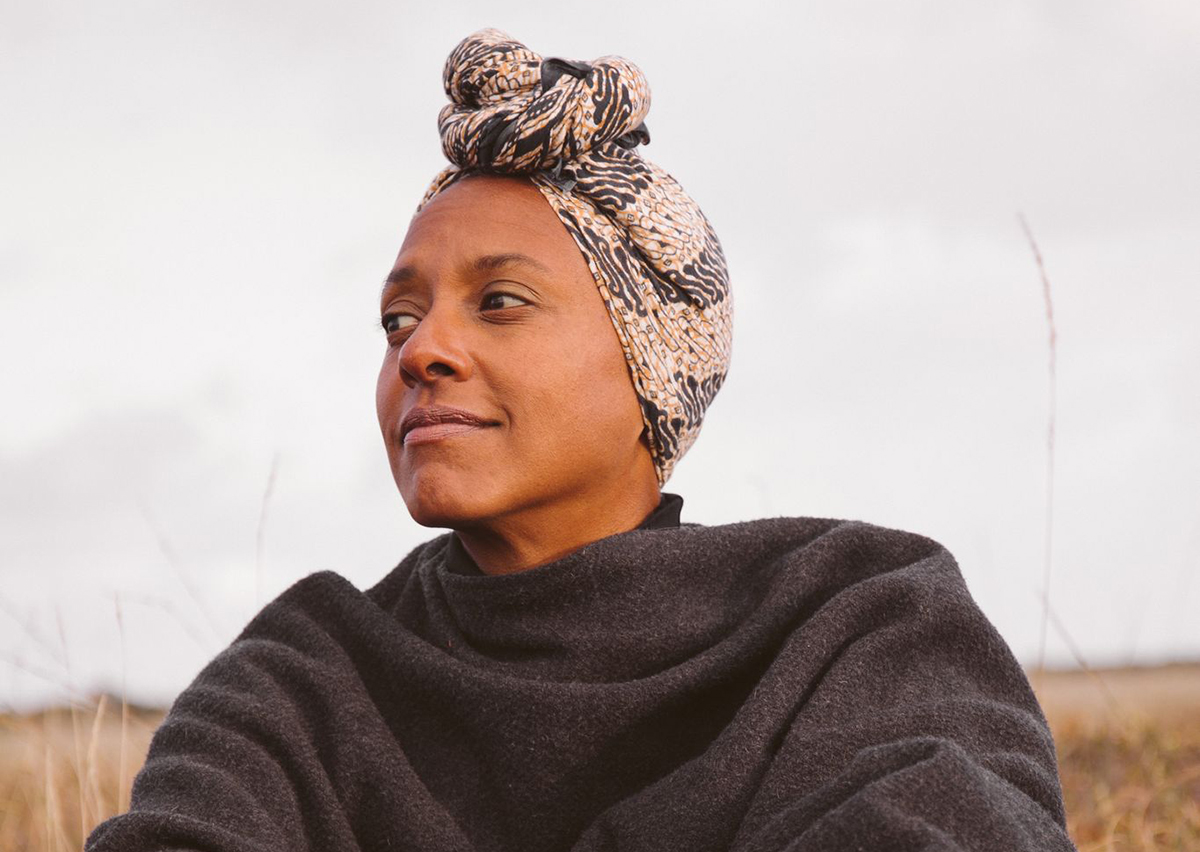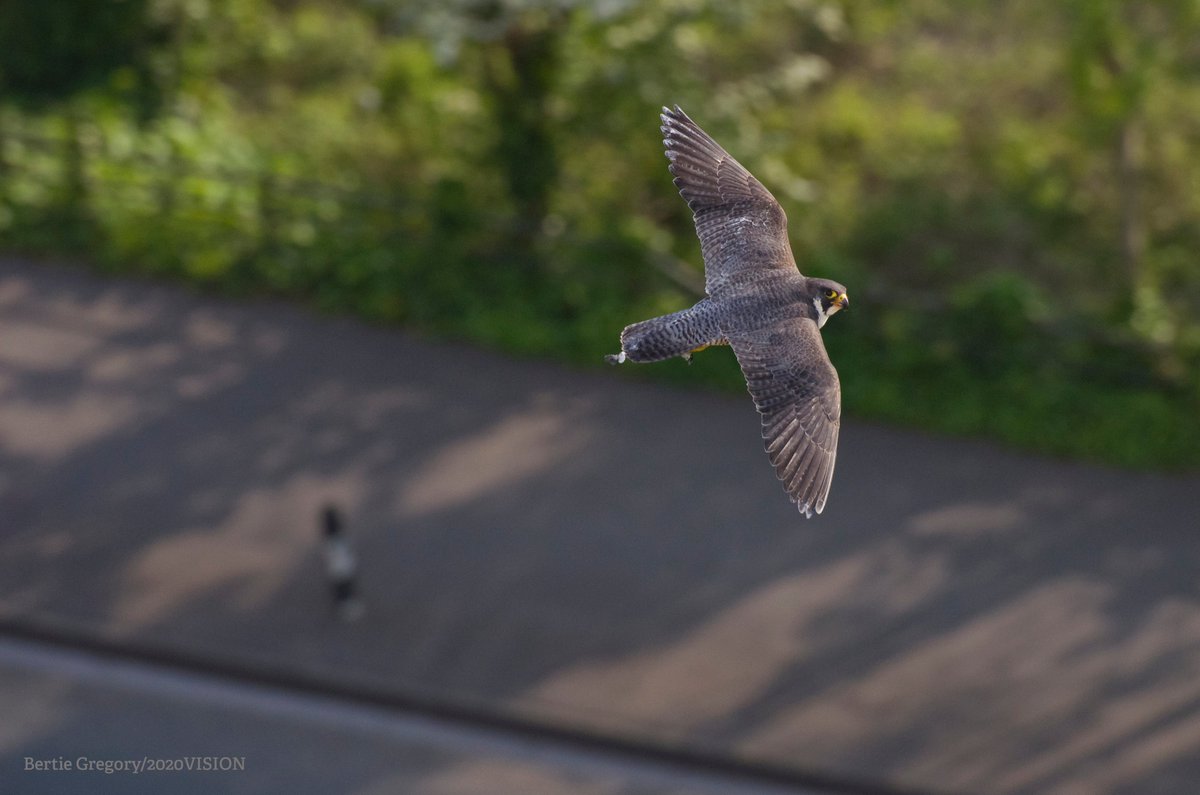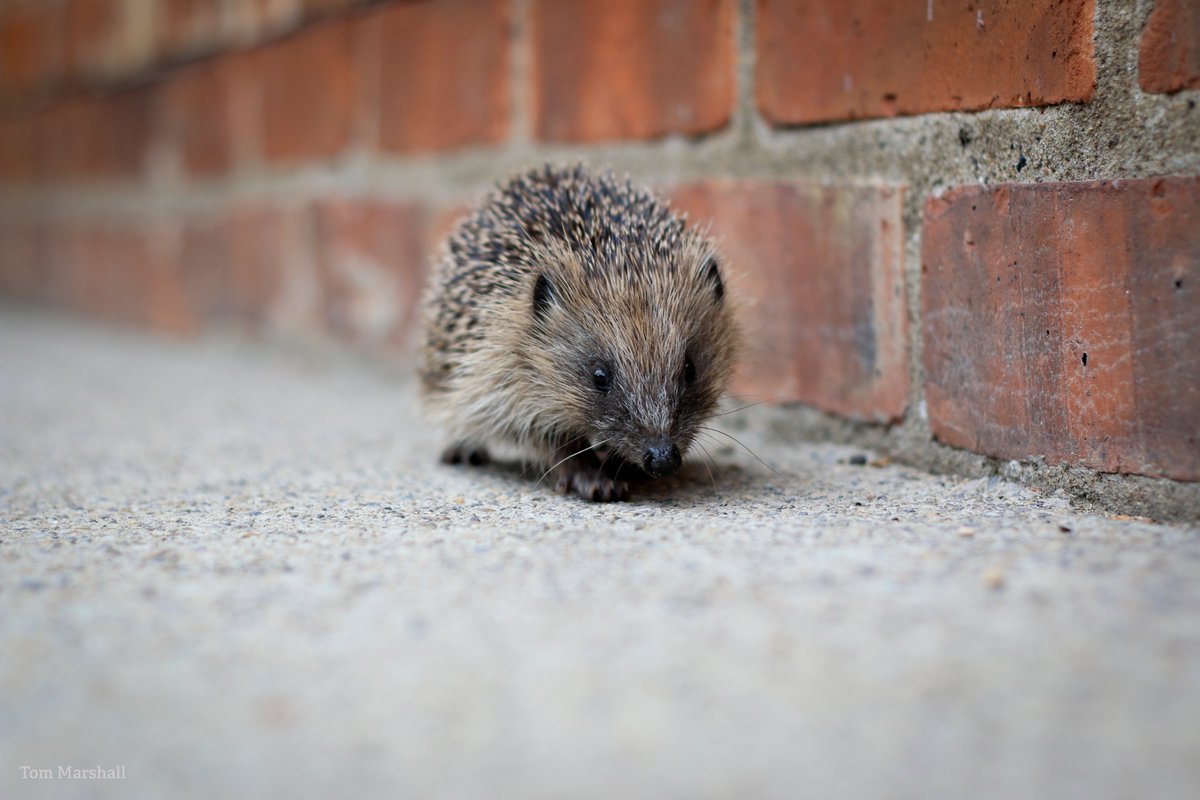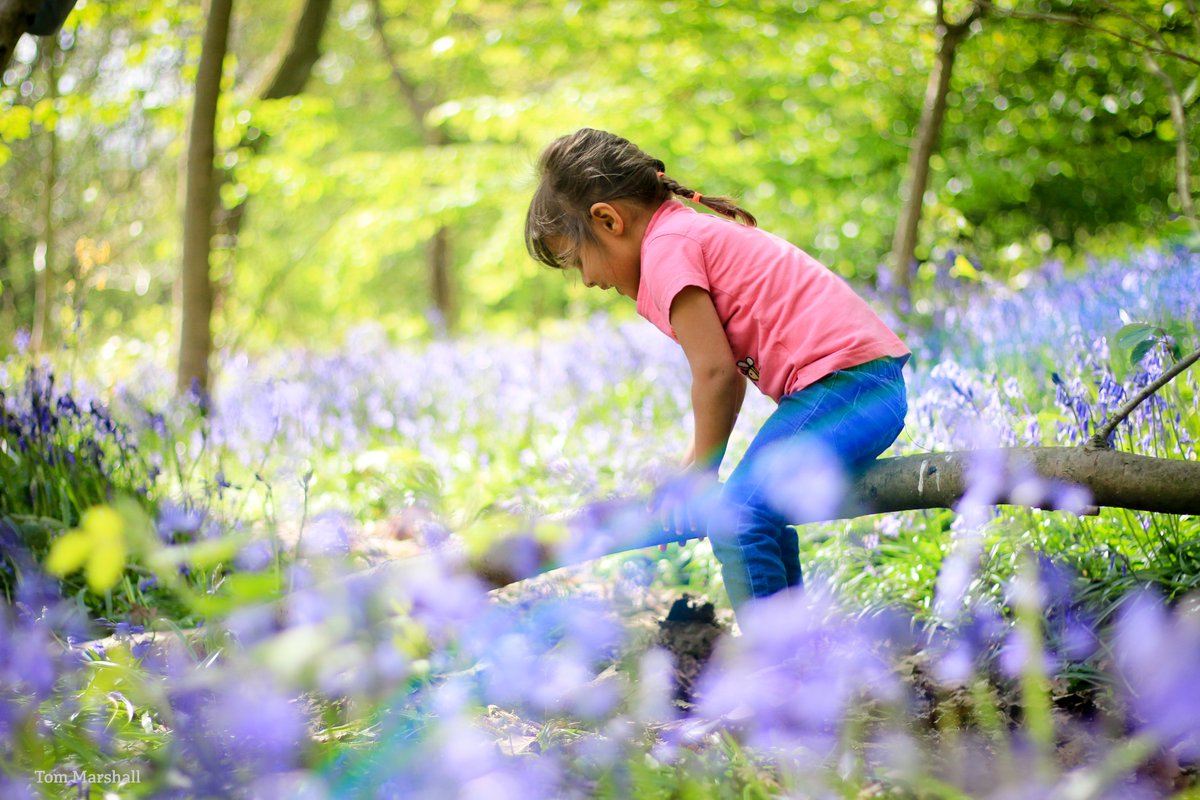
We are exploring a legal challenge to the Government's decision to allow the emergency use of the banned neonicotinoid Thiamethoxam for sugar beet 👇 🐝
wildlifetrusts.org/news/wildlife-… (1/4)
wildlifetrusts.org/news/wildlife-… (1/4)
Today our lawyers have contacted the Environment Secretary, George Eustice, questioning his decision. We believe the action taken may have been unlawful (2/4)
In 2018 the UK Expert Committee on Pesticides refused a similar application because of unacceptable environmental risks, and we contend that no new evidence has been provided to support the Government’s decision, and therefore the ban should stay (3/4)
• • •
Missing some Tweet in this thread? You can try to
force a refresh


